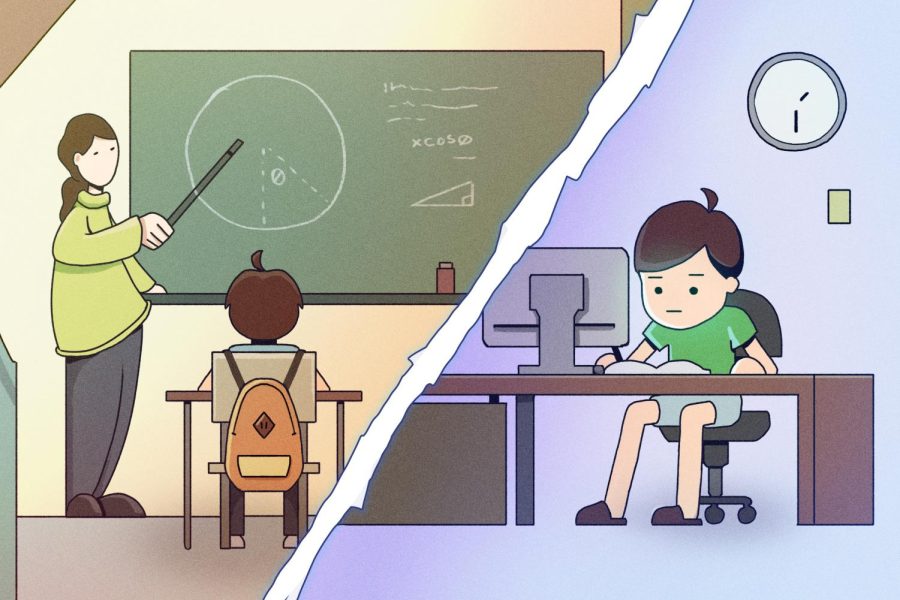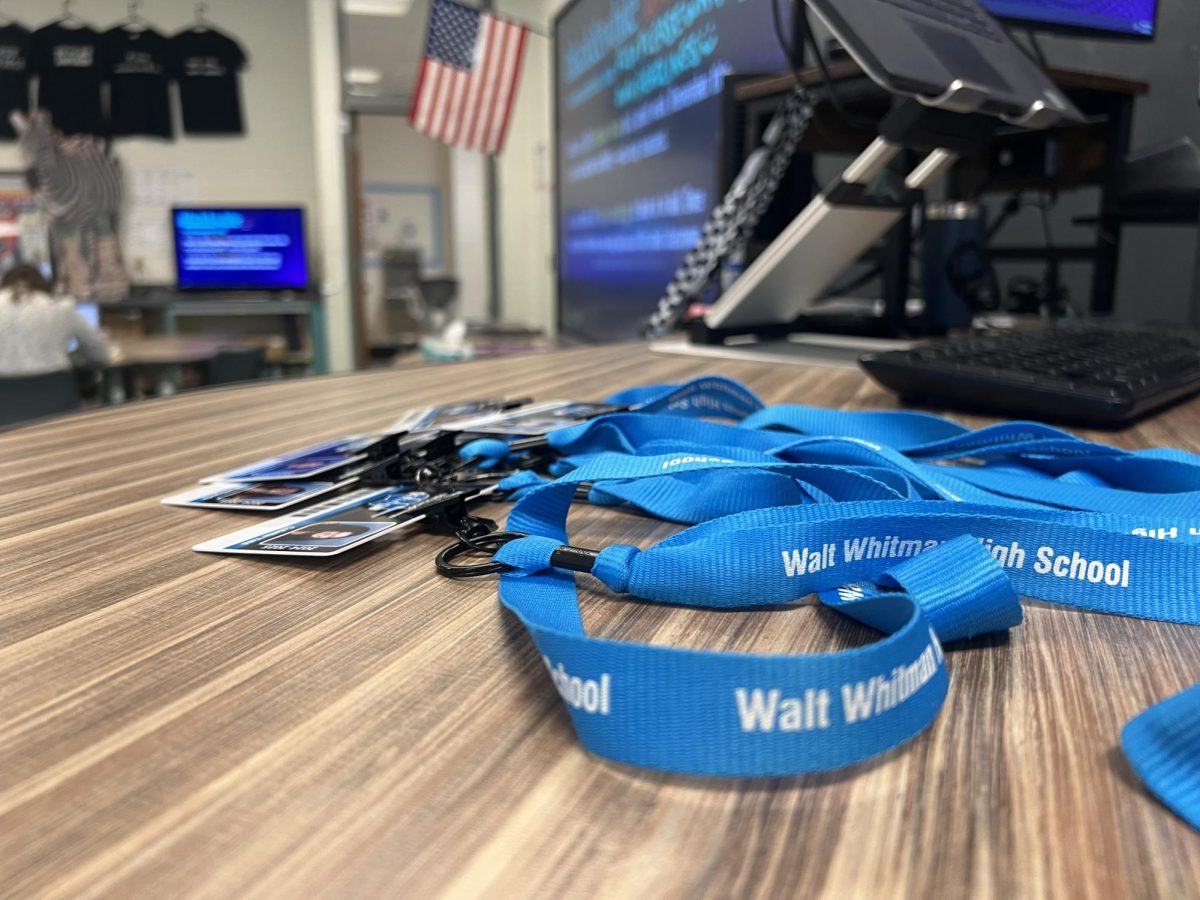Hundreds of students and parents from area schools attended a panel about preventing, diagnosing and treating concussions in the auditorium April 19.
The panel included Andrew Tucker, the head team physician for the Baltimore Ravens, Leslie Prichep, the director of the Brain Research Laboratories at the New York University’s School of Medicine, Dan Hanley, a neurology professor at Johns Hopkins University, David Milzman, a Whitman parent and emergency medicine professor at Georgetown University and medical director of the Medstar D.C. Sports Concussion Center, and Gerard Giola, the chief of the pediatric neuropsychology division at the Children’s National Medical Center.
Parent Michael Singer, who is president and CEO of neurotechnology company Brainscope, organized the event after principal Alan Goodwin sent out a Whitnet e-mail Jan. 30 informing parents about the increase in concussions and encouraging them to be proactive in diagnosing their children.
“I am increasingly alarmed about the number of students involved in sports inside and outside of school who have concussions,” Goodwin wrote. “I am going to take more steps to inform parents, students, coaches and faculty about preventing concussions, the signs of concussions, and the overall effects of concussions.”
During the discussion, panelists stressed that student athletes should undergo baseline testing every one to two years and be meticulous in reporting any previous health issues. While every panelist tried to define a concussion, Tucker admitted that it can be difficult, citing one NFL player’s question after attending an eight-hour concussion symposium.
“He said ‘I just have one question. What’s a concussion?’” Tucker said. “This is a bright guy. It’s just one of those things that’s easier to talk about than to define.”
Many coaches, who take an online concussion training course, attended the panel, and athletic director Andrew Wetzel strongly encouraged them to treat concussions like other injuries.
“Before people were like, ‘Oh, you just got dinged, or you got your bell rung. You’ll be alright, just shake it off,’” Wetzel said. “We don’t treat a broken ankle like that. We don’t treat a sprained ankle like that. You rest it, and you rehab it, and now that’s how we’re treating concussions.”









CM Punk • Apr 24, 2012 at 7:52 pm
It is sad to see that even though there are plenty of materials to teach people about the signs and dangers of concussions, coaches and other officials still make mistakes that cost the atheletes afflicted.
John doe • Apr 24, 2012 at 11:18 am
Concussions have aquite definate defanition, but that is not to be confused with everybody knowing what that definition is.
Anonymous • Apr 24, 2012 at 10:42 am
http://www.ncbi.nlm.nih.gov/pubmedhealth/PMH0001802/
Mr. N.I. Silver • Apr 23, 2012 at 5:02 pm
I missed the discussion, so I was pleased to read your article. I wasn’t aware that what constitutes a concussion may be unresolved. It’s almost a lay or non-precise term for a medical condition. Nice job.
boring • Apr 22, 2012 at 10:30 pm
So how are is anyone expected to diagnose something that can’t be defined?